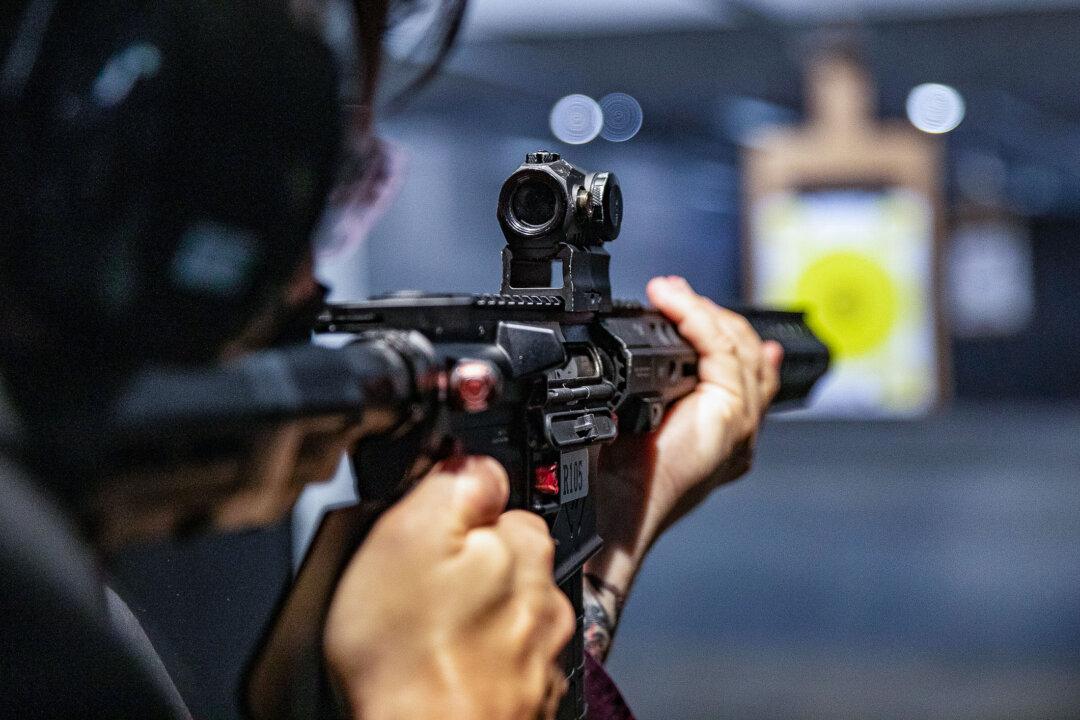The U.S. Supreme Court has declined to hear two high-profile challenges to state gun-control laws—one in Maryland banning semiautomatic rifles such as the AR-15, and another in Rhode Island prohibiting magazines that hold more than 10 rounds.
Maryland Case
The Maryland case, known as Snope v. Brown, involved a 2013 law enacted in the aftermath of the Sandy Hook massacre, which bars the sale and possession of 45 named semiautomatic rifles and similar “copycat” weapons. The challengers of the ban argued in court filings that rifles such as the AR-15 are among the most popular firearms in the country, lawfully owned by millions for self-defense and sporting purposes, and therefore are protected under the Second Amendment.Thomas echoed those concerns in his dissent from the Supreme Court’s refusal to hear the case, while criticizing the Fourth Circuit’s reasoning as “dubious at least twice over.”
“I would not wait to decide whether the government can ban the most popular rifle in America,” Thomas wrote. “That question is of critical importance to tens of millions of law-abiding AR-15 owners throughout the country. We have avoided deciding it for a full decade.”
While Kavanaugh agreed with the majority decision to defer review, he signaled skepticism of the Fourth Circuit’s reasoning. “Given that millions of Americans own AR-15s and that a significant majority of the States allow possession of those rifles, petitioners have a strong argument that AR-15s are in ‘common use’ by law-abiding citizens and therefore are protected by the Second Amendment,” he wrote.
Thomas also criticized the Fourth Circuit for imposing an undue burden on the plaintiffs to prove AR-15s are constitutionally protected, while also arguing that the lower court erred by diverging from prior Supreme Court decisions.
Rhode Island Case
The Rhode Island case, Ocean State Tactical v. Rhode Island, challenged a 2022 state law banning large-capacity magazines, passed shortly after a mass shooting in Uvalde, Texas. The law gave owners six months to modify, surrender, sell, or transfer such magazines.“The court purported to find historical support for magazine-capacity restrictions in the same founding-era gunpowder storage laws that Heller rejected as disanalogous to bans on common arms,” the petitioner argued.
They also challenged the magazine ban under the Fifth Amendment, arguing that it constitutes an uncompensated taking of lawfully owned property. The state dismissed that argument, saying owners had several lawful options to comply and were not being forced to forfeit property without recourse.
In a brief, unsigned order, the Supreme Court denied review of the Rhode Island high-capacity magazine ban. As with the Maryland case, Thomas, Alito, and Gorsuch signaled that they would have granted the petition.







